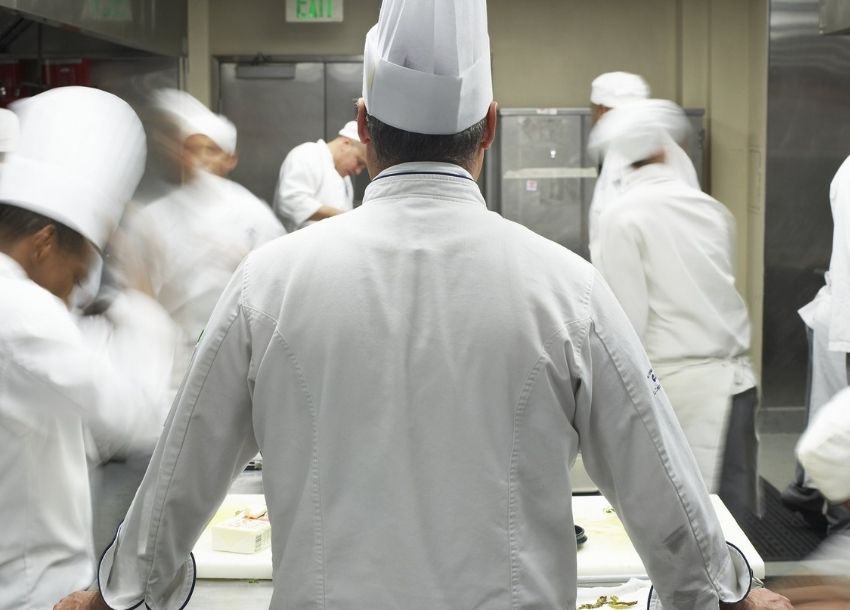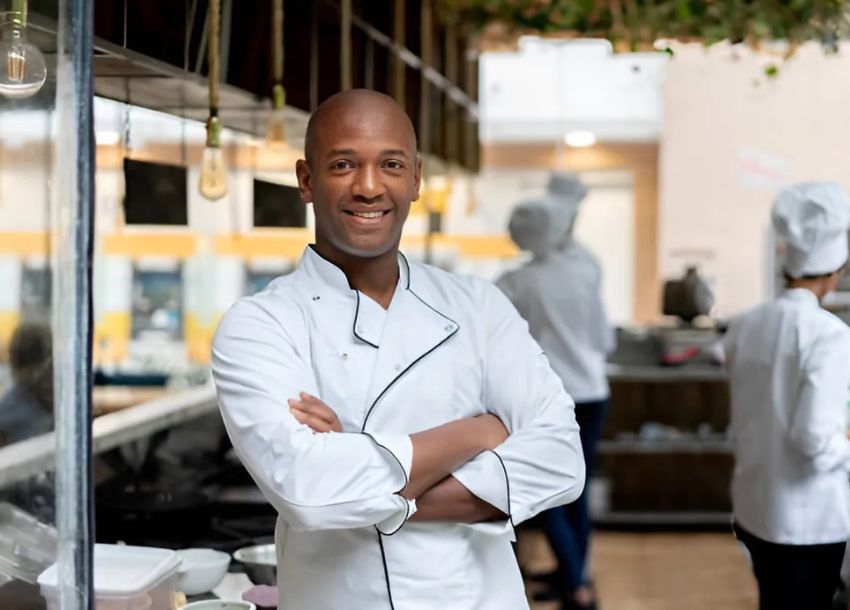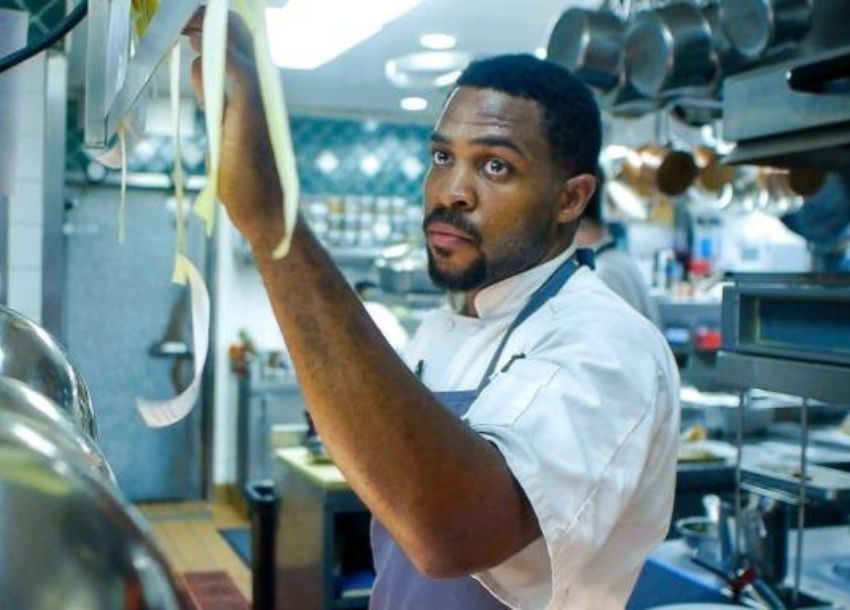Executive Chef Interview Questions
- Recruit
- Sep 10
- Share post
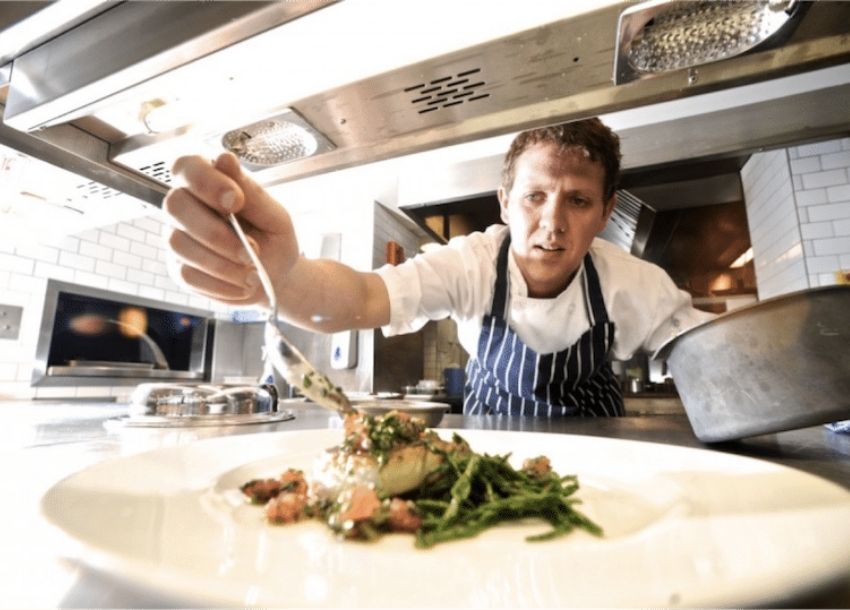
Getting your executive chef interview questions right prior to conducting interviews is crucial. Why? Because hiring an executive chef is one of the most important decisions you’ll make as a hospitality operator. This senior role goes far beyond cooking – your executive chef sets the kitchen’s pace, culture and standards.
In this guide, we’ll explore the essential executive chef interview questions that help you hire a culinary leader with the right mix of creativity, discipline and commercial sense.
What makes a great Executive Chef?
A strong executive chef blends hands-on culinary expertise with strategic kitchen management. They’re leaders, not just cooks – skilled in menu development, supplier relationships, cost control, staff hiring and maintaining an exceptional guest experience.
Executive Chef interview questions and categories
The key areas you should cover during your executive chef interviews should include:
- Operational: Daily kitchen operations, managing brigades, working with suppliers.
- Situational: Customer complaints, dietary restrictions, team conflict resolution.
- Financial: Budgeting, controlling food/labour costs, stock rotation.
- Creative/Philosophical: Menu ideation, seasonal cooking, flavour combinations.
Sample Executive Chef interview questions and answers
Use the below sample interview questions and answers to help build your interview process.
1. Describe the training that you have and how it relates to this position.
Sample response: “I have a degree in Culinary Arts from Le Cordon Bleu and over 10 years of experience in various culinary roles. My training has equipped me with the skills needed to manage a kitchen, create menus, and lead a team.”
2. In your experience, how does food cost factor into menu creation?
Sample response: “Food cost is a critical factor in menu creation. I always aim for a food cost percentage of around 28-32%. I focus on seasonal ingredients to keep costs low and flavours fresh.”
3. What is your involvement with Purchasing and Receiving?
Sample response: “I work closely with suppliers to negotiate prices and ensure timely deliveries. I also oversee the receiving process to check the quality of ingredients.”
4. List some of your favourite food vendors and why you like to work with them.
Sample response: “I enjoy working with local farms because they provide fresh, organic produce. For seafood, I prefer vendors who practice sustainable fishing.”
5. What foods do you like to pair together and why?
Sample response: “I love pairing earthy flavours with bright acids—like beetroot with goat cheese and a lemon vinaigrette. It creates a balanced and exciting palate.”
6. How does your winter menu differ from your spring menu?
Sample response: “In winter, I focus on hearty, warming dishes like stews and roasts. Spring menus are lighter, featuring fresh vegetables and grilled meats.”
7. How do you control the quality of the food that goes out to customers?
Sample response: “I conduct regular taste tests and insist on plate inspections before the food leaves the kitchen. I also train my team to maintain high standards.”
8. How do you take ownership over customers’ experience of your restaurant?
Sample response: “I believe that the dining experience starts the moment a guest walks in. From the ambience to the service and food, every detail matters.”
9. What do you do when customers request ingredient substitutions?
Sample response: “I try to accommodate substitutions whenever possible, without compromising the dish’s integrity. Customer satisfaction is a priority.”
10. How do you handle special diets (such as gluten-free diets)?
Sample response: “I always have gluten-free options on the menu and train my staff to handle special requests with care to avoid cross-contamination.”
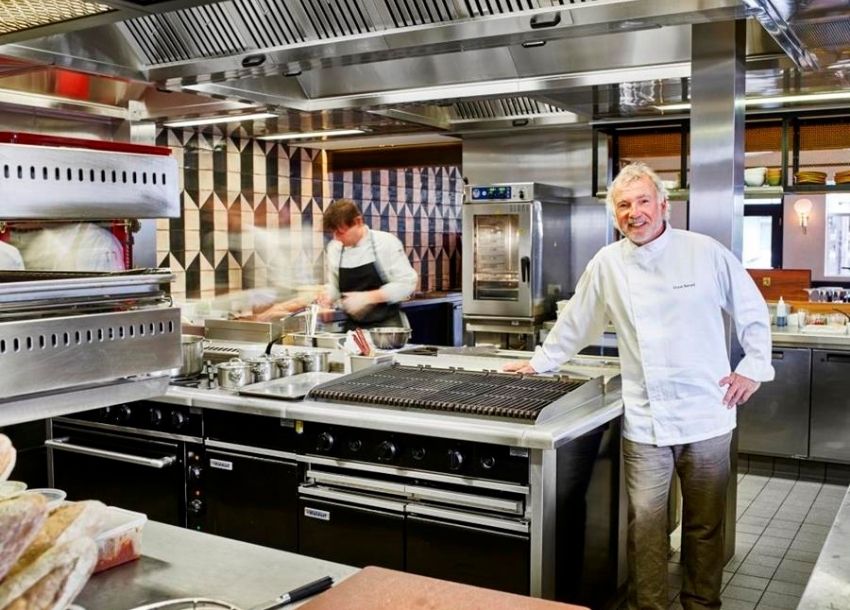
Bonus: Executive Chef interview questions – leadership and motivation
11. How do you motivate your brigade during long or difficult services?
Sample response: “I keep energy high with clear communication and short, focused feedback mid-service. Afterwards, I always thank the team and highlight what went well.”
12. Tell me about a time you retained staff in a high-turnover environment?
Sample response: “In one kitchen, turnover was high. I introduced weekly check-ins, gave juniors training opportunities and celebrated milestones. Retention improved noticeably.”
13. How do you handle conflict between two strong personalities in your team?
Sample response: “I speak privately with each, then bring them together to find a solution. My role is to keep respect intact while resolving issues quickly.”
14. What’s your approach to mentoring junior chefs?
Sample response: “I believe in teaching on the job—explaining the ‘why’ as well as the ‘how.’ It builds confidence and loyalty.”
15. How do you keep yourself and your team motivated outside of service?
Sample response: “I involve the team in menu development and encourage input. It makes them feel ownership, which drives motivation.”
Tips for conducting a successful interview
- Ask for specific examples from past roles.
- Watch for red flags like vague answers or lack of financial understanding.
- Standardise your questions to compare candidates fairly.
- If possible, include a short trial shift to see how they lead in action.
Final thoughts
An executive chef shapes far more than the food leaving your pass – they influence staff retention, customer loyalty and the reputation of your entire brand. The right hire brings stability to your operation, creating a kitchen environment where chefs want to stay, learn and progress. That consistency shows up on the plate, in guest reviews, and ultimately in your bottom line.
For hospitality operators, this role is one of the most strategic investments you can make. Take the time to define your expectations clearly, assess candidates on both their culinary and leadership qualities and support them once they’re in place. Do that well, and your executive chef won’t just manage the kitchen – they’ll help your business grow.
–
FAQs – Executive Chef interview questions
What are the top Executive Chef interview questions?
Focus on questions that assess culinary skills, management abilities and financial acumen.
What is the best way to prepare for an Executive Chef interview as an HR professional?
Understand the restaurant’s needs and the specific skills required for the role.
What are 3 top qualities an Executive Chef candidate should possess?
Culinary expertise, leadership skills, and financial savvy are key qualities.
How important is formal culinary education for an Executive Chef?
While beneficial, experience and skills can sometimes outweigh formal education.
What is the role of an Executive Chef in menu planning?
They are responsible for creating menus that are both delicious and cost-effective.
Comments
Add a comment
Leave a Reply · Cancel reply
You must be logged in to post a comment.

